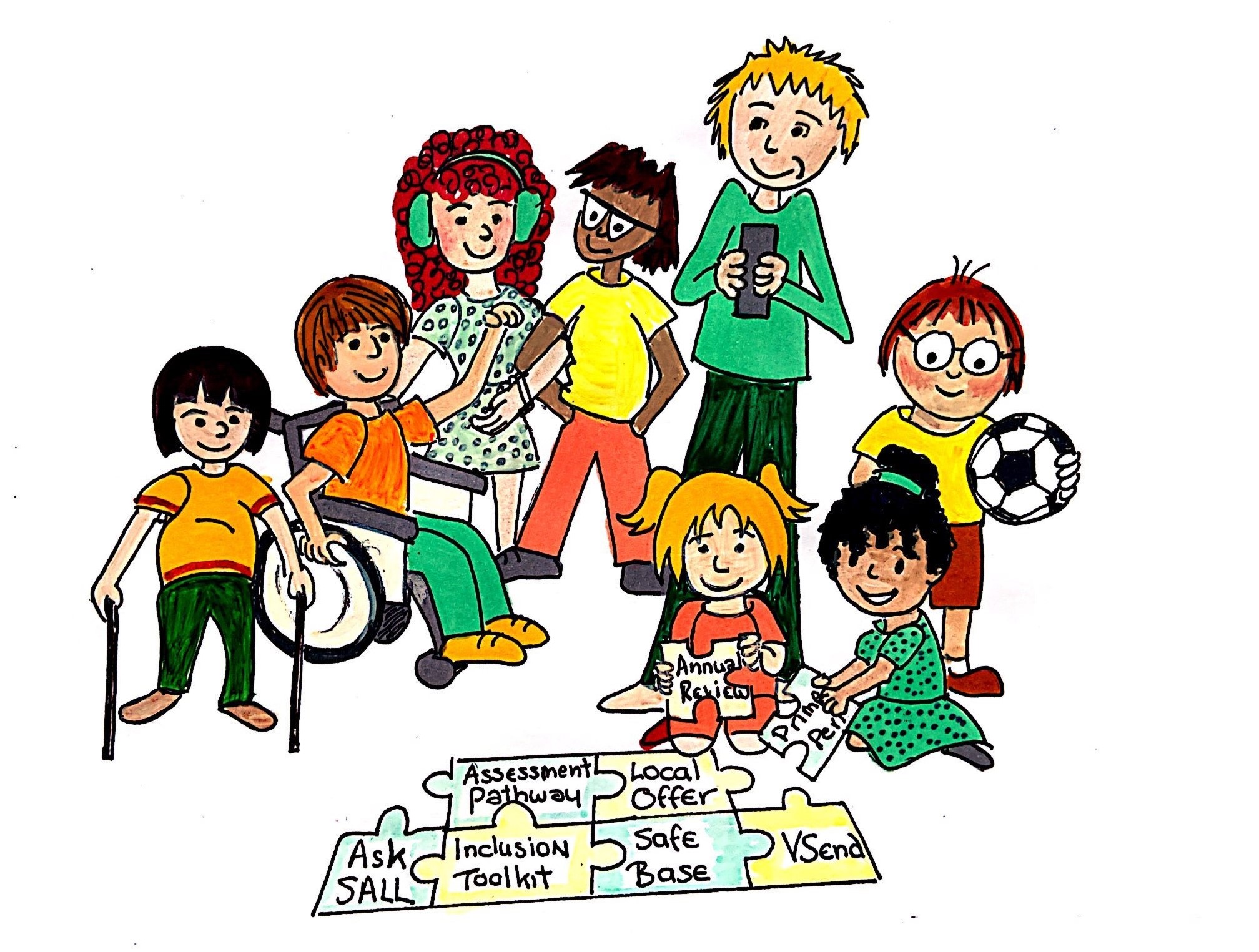Level 3-4 strategies to support targeted interventions
High quality teaching strategies, approaches and adaptations for pupils should be implemented and supplemented
0-5
- mainstream environment with regular targeted small group support
- on-going opportunities for individual support focused on specific targets with reinforcement in whole class activities to aid transfer of skills
- flexibility of groupings allows for buddy support, good role models or focused teaching
- advice from external agencies is implemented in the classroom or setting
- the lead practitioner takes responsibility for supporting others to devise, deliver and evaluate a personalised programme that accelerates learning
- children are taught strategies and provided with resources to assist with the development of independent learning
- environmental considerations are made to meet the needs of all children. For example, seating position, personal space and classroom layouts, displays and signage
- a monitoring system should be in place to assess child need, identify outcomes, implement support and monitor and evaluate progress
- speak to the child’s occupational therapist or physiotherapist for advice on specialist equipment needs or specific exercises
- working together team support transition for children with ASD or social communication difficulties in their final term at Nursery and into school. The early years specialist teacher will be able to support you with a referral to this service at the appropriate time.
5-16
- access to word processors. Some limited items of special equipment and teaching approaches
- may need more supervision in potentially hazardous situation e.g. science lab, swimming, using PE apparatus
- differentiation may be required to access some curricular areas. For example, PE, handwriting tasks, unstructured times, take account of slower pace or to catch up following periods of absence
- extra help may be required at times in the school day. For example, dressing, undressing, stairs
- focussed support via a provision map in place by class or form teacher to allow the pupil to catch up following periods of absence
- suitable arrangements may be needed for administration of emergency medication and training to school staff or other emergency measures in school
- supervision of health and hygiene procedures
- access to alternative methods of recording if required
- class or subject teachers are responsible for working with the student on a daily basis, delivering any individual programmes
- some additional support may be required at periods throughout the day and social situations such as breaks may need particular attention
- possibly teaching assistant trained in managing care needs. Training in Manual Handling may be necessary
- differentiation required and environmental adaptation
- medical condition will be generally stable and under control, but may need monitoring in school and close liaison maintained with home
- school curriculum promotes personal care and safety and school staff arrange and take responsibility for any regular medical intervention to be carried out
- risk assessment and emergency plan for medical emergency
- teaching staff and therapist to assess changing needs
- input to the provision map or IEP may be required from a physiotherapist, occupational therapist
- consideration of access arrangements for examinations.
- specific information on the causes and implications of the medical condition may need to be circulated to relevant members of staff
- adults direct pupils to targeted motor activities, whole class teaching, with TA support for targeted intervention
- pencil skills programmes. For example, Write from the Start (Teordorescu), targeted fine motor programmes to work specifically on pupil’s hand skills, targeted gross motor programme to work specifically on pupil’s particular gross motor difficulties
- resources include: Pencil grips, Easi-grip scissors, sloped work surface, movin’ sit cushion, laptop or tablet
- referral to the specialist nursing team at St Francis


